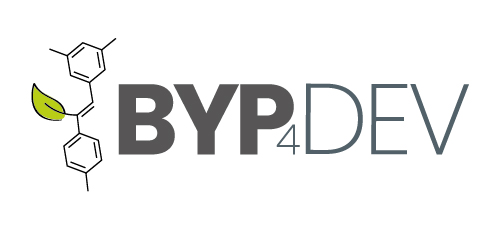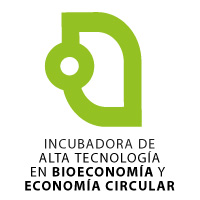Financed by ERASMUS+ Cooperation partnerships in vocational education and training, Byp4Dev project main objective is related to improve the development of bio-based sector through the creation of a new professional profile, the by-products and wastes valorisation in agri-food sector expert, by designing a common curriculum and a learning approach that will allow professionals from this sector to meet the needs and opportunities that bio-based labour market offers. In order to address this opportunity, this project tries to tackle the challenge through the following specific objectives:
To improve the development of the bio-based sector through the creation of a new professional profile, the “by-products and wastes valorisation in agri-food sector experts”.
To determine the real knowledge, capabilities and skills needed in the direct target public, as well as, the existing barriers to facilitate the learning/teaching process, creating innovative tools.
To contextualize and integrate the profile generated into the necessary profiles into the global transition process toward circular economy in the agri-food sector, supporting the teachers in its learning/teaching process.
To support the policymakers in charge of educational policies to integrate the profiles and content created into their own structure, allowing the project outcomes and the bio-based training activities will achieve long-term benefits.
Through the use of innovative and collaborative methodologies (service design and lean methodologies), the project will design in a last stage, together with the main actors with competences in education and industrial areas, the pathway (through the service design tool “blueprint”), to integrate this new expert profile into the vocational training ecosystem.
Partnership
The Byp4Dev project brings together European partners from five different countries: Spain (FUNDECYT-PCTEX), Finland (HAMK), Greece (EXELIA), Latvia (VIDZEME) and Portugal (InovCluster) and different backgrounds, all of the complementary to each other and to the ultimate goal of the project.
Duration
24 months: from March 2022 to February 2024.



